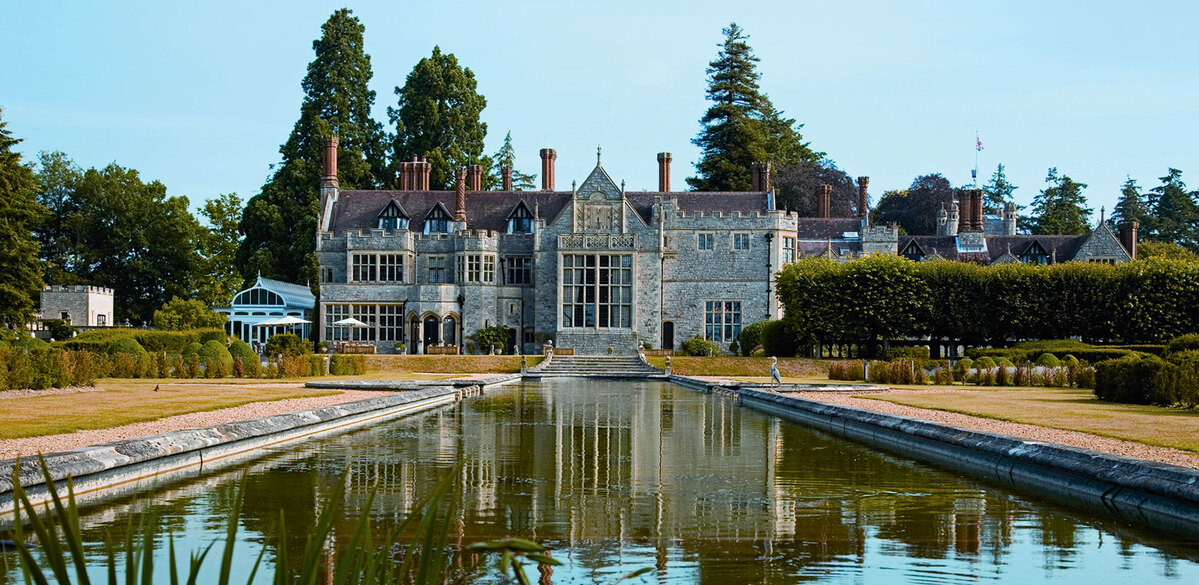Number of EU workers entering the UK falls by 95% hitting businesses
The number of EU nationals entering the country to work has fallen dramatically year-on-year, increasing recruitment pressures.
According to the CIPD's Labour Market Outlook, the number of EU-born workers in the UK increased by 7,000 from Q1 2017 to Q1 2018, a 95% fall on the previous year, which saw numbers increase by 148,000.
The group's study found that 40% of employers across various industries reported an increase in recruitment pressures due to a drop in applications, as well as fewer suitable applicants being available.
The report adds: "Looking ahead, it is highly likely that labour will become even more constrained over the coming years, partly as a result of new migration restrictions on EU nationals that look set to be introduced in 2021.
"Employers therefore need to start making short-term and long-term plans on workforce development and enhanced investment in skills with some urgency."
More than half of those surveyed reported having raised starting salaries to attract new talent, while pay rise expectations rose by 0.1% to 2.2%.
Gerwyn Davies, senior labour market analyst for the CIPD, said: "The most recent official data shows that there has been a significant slowdown in the number of EU nationals coming to work in the UK over the past year.
"This is feeding into increasing recruitment and retention challenges, particularly for employers in sectors that have historically relied on non-UK labour to fill roles and which are particularly vulnerable to the prospect of future changes to immigration policy for EU migrants.
"With skills and labour shortages set to worsen further against the backdrop of rising talk of a ‘no deal' outcome with the EU, the need for the government to issue consistent, categorical assurances about the status of current and future EU citizens, whatever the outcome of the negotiations, is more important now than ever."
Last month a fall in net migration was described by UKHospitality as an "alarming portent of possible disaster" after it was revealed the number of EU nationals entering the country looking for work had dropped by a third.
Chief executive Kate Nicholls said that while "net migration from the EU still stands at 100,000" that the figures represent "a significant fall on the previous year".
She added: "Particularly distressful is news that this squeeze is being felt most acutely in lower-skilled labour which makes up the bulk of the workforce.
"The hospitality labour pool is shrinking and around a quarter of employers in the sector already say they are struggling to fill vacancies.
"The hospitality sector relies heavily on EU migrants to fill many of its vacancies and should this trend continue, businesses are likely to struggle to keep up with projected growth."
















